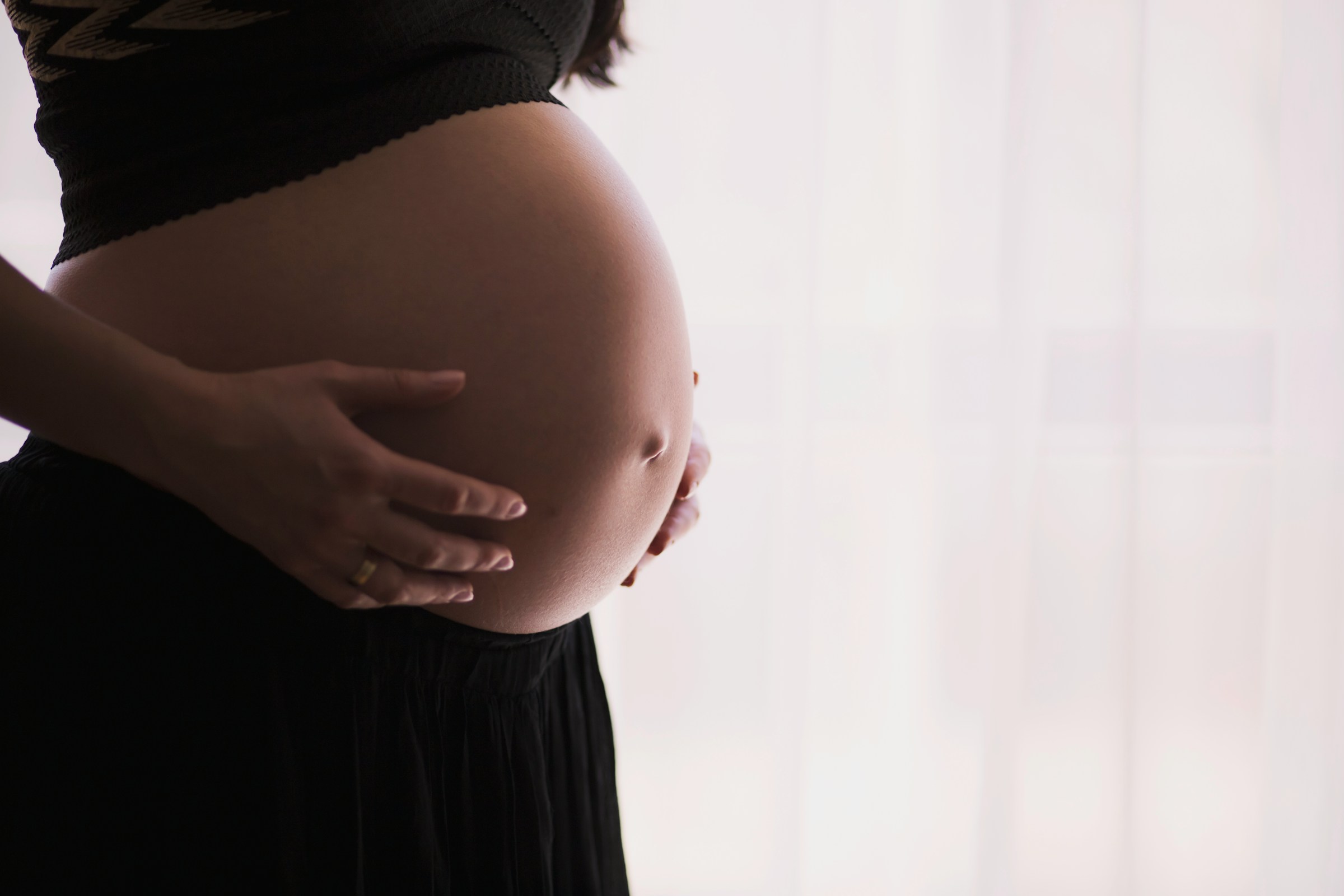
For many new mothers, the onset of postpartum depression (PPD) feels sudden, unexpected, and deeply overwhelming. Described by some as being "hit by a truck" or "crushed under a ton of bricks," it often arrives without warning — turning what should be a joyful time into one of sadness, confusion, and emotional turmoil.
The Sudden Shock of Postnatal Depression
Postnatal depression, also known as postpartum depression, can affect any new parent — even those who’ve never experienced mental health challenges before. One moment, things may feel manageable. The next, you might be engulfed in a wave of darkness and despair that seems impossible to explain. This emotional shift can be disorienting and terrifying.
Many women describe an abrupt change in their mental wellbeing: a drop from feeling "okay" to feeling emotionally paralysed, sad, and completely alone. These feelings often arrive at night, when the world is quiet and dark — magnifying the emotional isolation.
What Does Postpartum Depression Feel Like?
- Persistent low mood or sadness
- Frequent crying without a clear reason
- A deep sense of loneliness, even around others
- Emotional numbness or feeling disconnected from your baby
- Hopelessness about the future
- Anxiety or panic, especially during the night
- A sense of shame or guilt for not feeling “happy enough”
You may wake up dreading the day ahead, unable to recognise yourself or explain what's happening. Many mothers report feeling trapped in a “cold, dark place,” with no clear way out — which makes seeking support for postpartum depression all the more difficult.
Suffering in Silence: Why So Many New Mothers Hide Their Pain
One of the cruellest aspects of PPD is how isolating it can be. Many new mothers keep these feelings hidden — even from their partners, family, or closest friends. They may feel ashamed or guilty for struggling when everyone expects them to feel joy and love. The cultural pressure to appear grateful, happy, and “together” can prevent them from reaching out.
But the truth is: you are not alone. Postnatal depression is a common, treatable condition. And it does not mean you’re a bad mother or that you don’t love your baby.
Disconnection and Despair
When left unspoken, these feelings can deepen — leading to emotional disconnection from yourself, your baby, your partner, and the wider world. You may feel as though you’re simply going through the motions, doing what needs to be done, but without any sense of presence or joy.
This is not your fault. It’s the effect of a serious, but highly treatable, maternal mental health condition.
Taking the First Step Toward Recovery
The most powerful thing you can do is speak about what you’re going through. Whether it’s with a partner, friend, midwife, health visitor, or GP — talking about postpartum depression breaks the silence that keeps you isolated. It's a vital first step towards healing.
Here’s what can help:
- Talk to someone you trust – Opening up to a loved one may feel difficult, but it’s one of the most effective ways to start feeling less alone.
- Seek professional support – Your GP or a maternal mental health specialist can provide treatment options including therapy, support groups, or medication.
- Remind yourself you’re not alone – Many women go through this. You are not the only one, and things can and do get better.
- Use mental health tools and self-care support – Resources like the Pareful app can guide you through moments of anxiety, sadness, or overwhelm.
You Deserve Support
Postpartum depression can feel all-consuming — but it is not permanent. Many mothers recover fully with the right help and support. If you’re experiencing symptoms of PPD, remember: you are not alone, and there is no shame in seeking help.
Related articles
Explore our wide range of expert-led articles, guides and tips on parental mental wellbeing.


